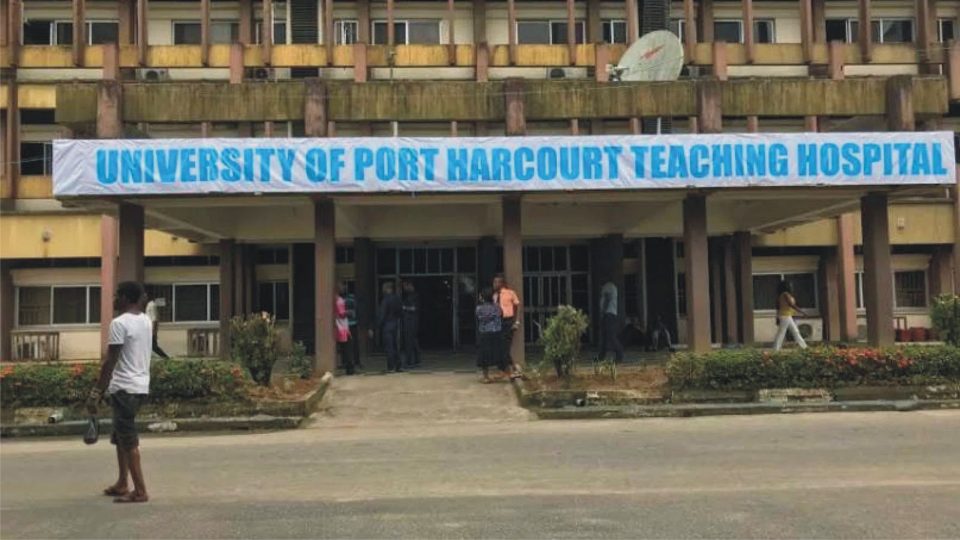By: Felix Ikpotor
There is now hope for persons suffering from chronic heart diseases in Rivers State and Nigeria in general.
This is as a team of doctors from the United Kingdom have held a one-week trainning for cardiologists and physiotherapist on modern techniques in treating heart ailments at the University of Port Harcourt Teaching Hospital (UPTH).
The team of doctors from the Cardiovascular Foundation in the United Kingdom, led by Dr Neil Grubb, a Cardiac Electro-Physiologist and Jagdeep Singh, Cardiologists and Cardiac Device Implanter trained Nigerian doctors drawn from across the country on pacemaker implantation, Cardiac Resynchronization Therapy amongst other techniques.
The doctors who were on a medical mission to Nigeria also carried out free treatments for 20 patients at the hospital.
Explaining their mission in Nigeria, Dr Neil Grubb while addressing journalists, said they are basically in the country to teach doctors and nurses on cardiac techniques.
Grubb noted that the background to the mission is the fact that many patients in the country are dying from treatable ailments because of lack of access to care and the poor healthcare system in Nigeria.
“The main aim of our mission is not to threat patients although we love to treat patients and the patients we treated this week undoubtedly benefitted from the treatment they received, but the main thing is that we want to leave a lasting legacy in Nigeria which means that we are spending as much time teaching as we are spending in actually doing the procedure itself.
“We are trying to train a generation of physiologist and cardiologist through this machines to Nigeria and we are hoping that with this machines in Port Harcourt teams will be coming three to four times a year by rotation because we need to train staffers,” Grubb stated.
“The background to this is that here in Nigeria you do not currently have a well developed healthcare system as ideally, you should have though there are pockets of expertise in Nigeria where medicine is practiced extremely well but there are also areas where patients are denied treatment just because of lack of resources, many patients are completely unable to afford any form of medical treatment and you know that some people are dying of conditions that can easily be treated,” he added.
Dr. Grubb also explained that pacemaker is a device implanted in the heart of persons with abnormally slow heartbeats, adding that the devices can be checked from time to time to ensure that they are functioning optimally and the patients are doing well after implantation as a team of doctors have been trained at the UPTH to keep checks on the patients.
“So pacing is a technique that we use to plant an electronic device under the skin of the patients, attached to wires connected to the heart. They have to be guided using x-ray cameras and it requires special trainings to implant these devices. They are also quite costly but they are also a lot of wastage in western healthcare, so we are using some of the devices that cannot currently be used in hospitals in the United Kingdom and instead of wasting and throwing them away, we brought them across here where they can be used for the benefit of people here,” he explained.
On his part, the Chairman, Medical Advisory Council, CMAC UPTH, Professor Datonye Alasia, said with the trainning of doctors and physiologists at the hospital, persons who travel out to other countries to seek care can now access such care at the facility and others in the country.
“One of the things we want to achieve is to bring access of super specialized services to the people and you know that most patients in Nigeria will pay out of pocket and most of this services are not services that a certain socio-economic bracket would be able to afford.
“So the takehome message is to be aware that there is hope and there is access for care for patients who have advance cardiac diseases and that those services are available in University of Port Harcourt Teaching Hospital and even within our local environments and that we have competent staffs, networks and collaboration to provide access to those services and some may also be lucky to benefit from these missions assuming they were not able to afford them,” Alasia said.
He also called for support from corporate individuals and organisations to establish a Cathlab ( Cardiac Catheterization Laboratory) at the facility due to the cost involved.

